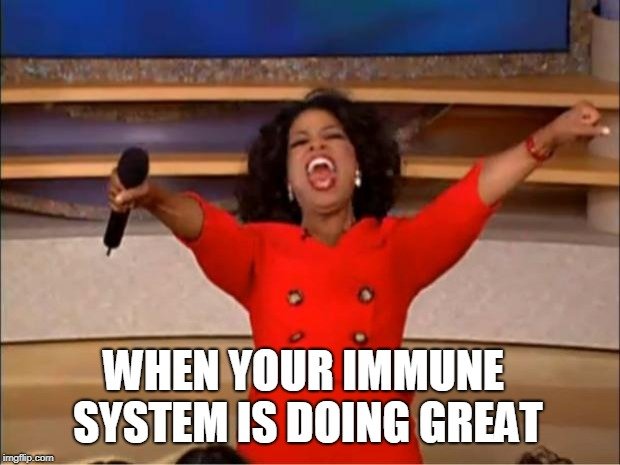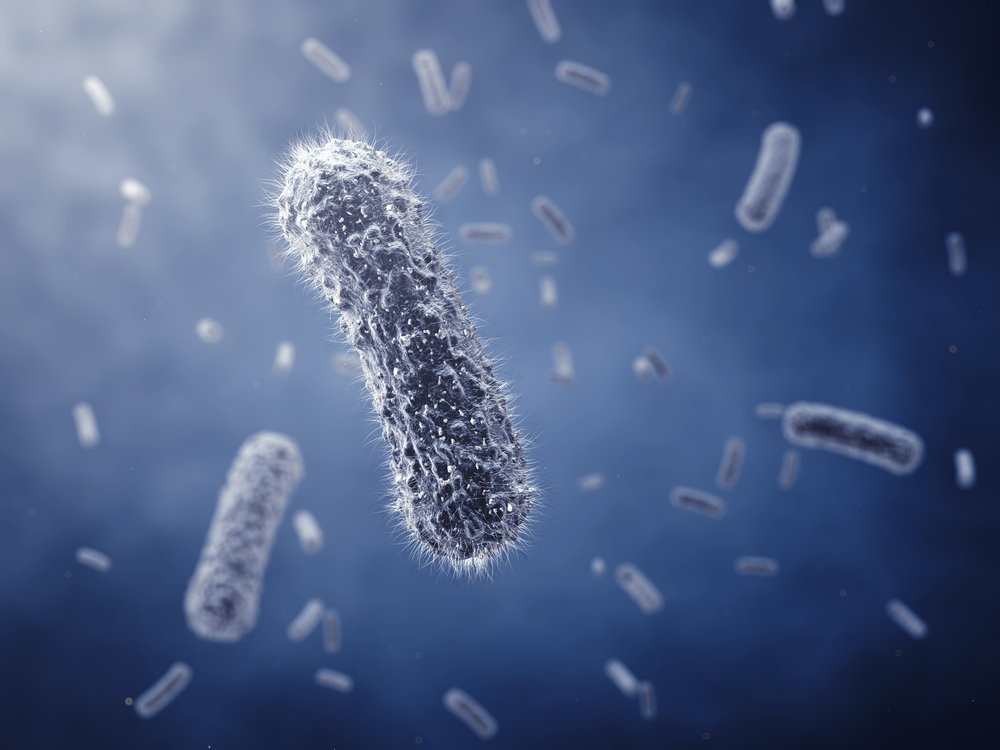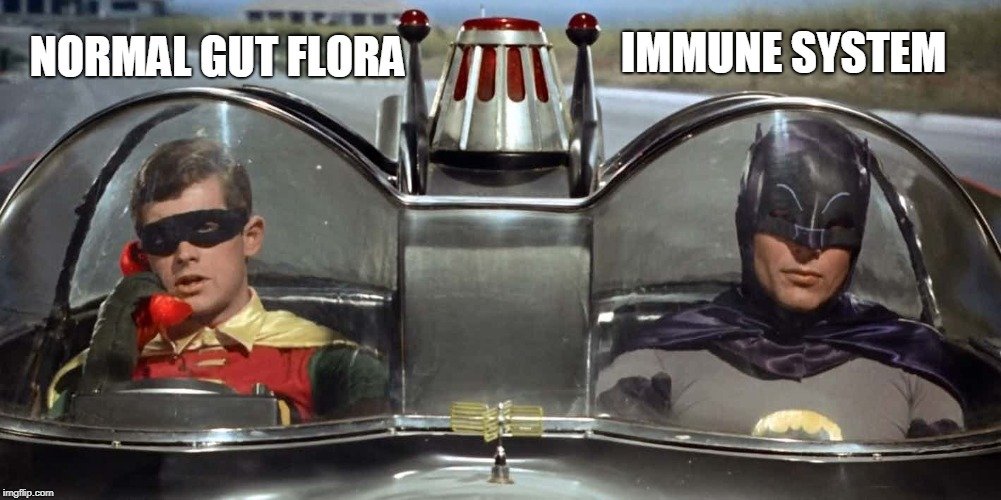Table of Contents (click to expand)
The reason the body does not attack the normal gut flora is because the gut flora produces a complex molecule called PSA that activates specific receptors on the T-reg cells. The activated T-reg cells then prevent any harm from befalling the gut flora.
The microbes in our gut produce a complex molecule known as PSA (polysaccharide A). This molecule activates specific receptors on the T-reg cells. The result? The activated T-reg cells stop any immune response against the microbes and prevent any harm from befalling them
The human body has a very efficient immune system, or defensive “army”. The soldiers are constantly circulating throughout our body and fighting off any invaders, and any foreign objects that enter the body. This helps us maintain a healthy body. To explain the efficiency, let’s use a simple example. The air we breathe is filled with microorganisms, but we’re not constantly sick, right? Our body fights off the germs entering our body.
The same goes for the food that we eat. Every bite we put in our mouths has potentially dangerous germs, but we don’t fall ill every time. This aptly displays the efficiency of our immune system. So now it begs the question, what about our normal flora, such as the gut? First, let’s understand what the normal flora of the gut is, and how the immune system normally works.
Immune System – A Brief Overview
Our immune system has many different types of cells that work together to protect us. The work has been delegated to them to simplify the functioning and to avoid any miscommunication. Right now, let’s briefly understand how the body deals with pathogens, a.k.a. harmful microbes.

When a pathogen enters the body, it is detected by the cells. It is then “presented” to a specific type of cell called T-cells. These perform 3 functions, based on their type. One type calls the other cells of the immune system to help in nullifying the threat. One type handles all the cells of our own body that have been infected. The third type differentiates between “self” and “non-self” to prevent our immune system from attacking our own cells, thus preventing autoimmune diseases. Our major concern is with this 3rd type, called the regulatory T cells or T-reg cells.
This is just a brief glance at our immune system, which is actually far more complex and intricately organized.
Also Read: Do Some Animals Have More Evolved Immunity Than Others?
Gut Flora
Our intestines are teeming with microbes like Enterococcus faecalis, Lactobacilli, Candida albicans, etc. These organisms perform a plethora of functions that are very essential for us. To name a few, they produce enzymes that are capable of breaking down complex molecules into smaller ones that we can absorb, aid in easy digestion, produce nutrients like Vitamin B and K, and protect us from the invasion of harmful pathogens by secreting inhibitory substances. It’s like an alliance between our immune system and these organisms. After all, the enemy of my enemy is my friend, right?

Disturbances in the normal flora cause a number of problems, including inflammation, digestive problems, constipation, diarrhea etc. Events like infections, the consumption of antibiotics and autoimmune diseases, among others, are the causes of these disturbances. However, at the end of the day, these helpful organisms are microorganisms too, foreign to our body. So why doesn’t the body’s efficient immune system attack them too?
Also Read: How Do Gut Bacteria Compete With Each Other To Stay In The Gut?
How Is It Protected?
Initially, it was believed that these microbes stayed in a part of our intestines that wasn’t accessible to the cells of the immune system. Since they couldn’t be detected, the immune system wouldn’t attack them. Ignorance is bliss, right?
However, evidence has since proven that this isn’t the case and that the microbes are visible to our immune system. Here is where our T-reg cells come into the picture. As we’ve seen above, these cells differentiate self from non-self. They stop any immune reaction against our own cells.
The microbes in our gut produce a complex molecule known as PSA (polysaccharide A). This molecule activates specific receptors on the T-reg cells. The result? The activated T-reg cells stop any immune response against the microbes and prevent any harm from befalling them. Smart, don’t you think?

When experiments were carried out in which the PSA molecules, the specific receptors on the T-reg cells, or the T-reg cells themselves were removed, the body attacked the same microbes that it earlier hadn’t. So in essence, the T-cells of our body are taught to not attack our gut’s normal flora, and instead consider it as a part of our own body.
Our immune system grows and learns every day. Among other things, it has learned to co-exist peacefully with the normal flora, not just in our gut, but in other places like the skin, genitourinary tract, eye, mouth, etc. because of their contribution to our overall health. There are times when the normal microbes found in one part can cause a disease if they reach other parts of the body. These are called opportunistic organisms. However, it wouldn’t be an understatement to say that these organisms are still essential for the smooth functioning of our body.
Also Read: What Affects Our Microbiome?
How well do you understand the article above!

References (click to expand)
- Learning to Tolerate Our Microbial Self - www.caltech.edu:443
- Johnson, J. L., Jones, M. B., & Cobb, B. A. (2015, February). Polysaccharide A from the Capsule of Bacteroides fragilis Induces Clonal CD4+ T Cell Expansion. Journal of Biological Chemistry. Elsevier BV.
- Toll-like receptor - Wikipedia. Wikipedia
- Willey J. M., Sherwood L., Prescott L. M.,& Woolverton C. J. (2008). Prescott, Harley, and Klein's Microbiology. McGraw-Hill Higher Education
